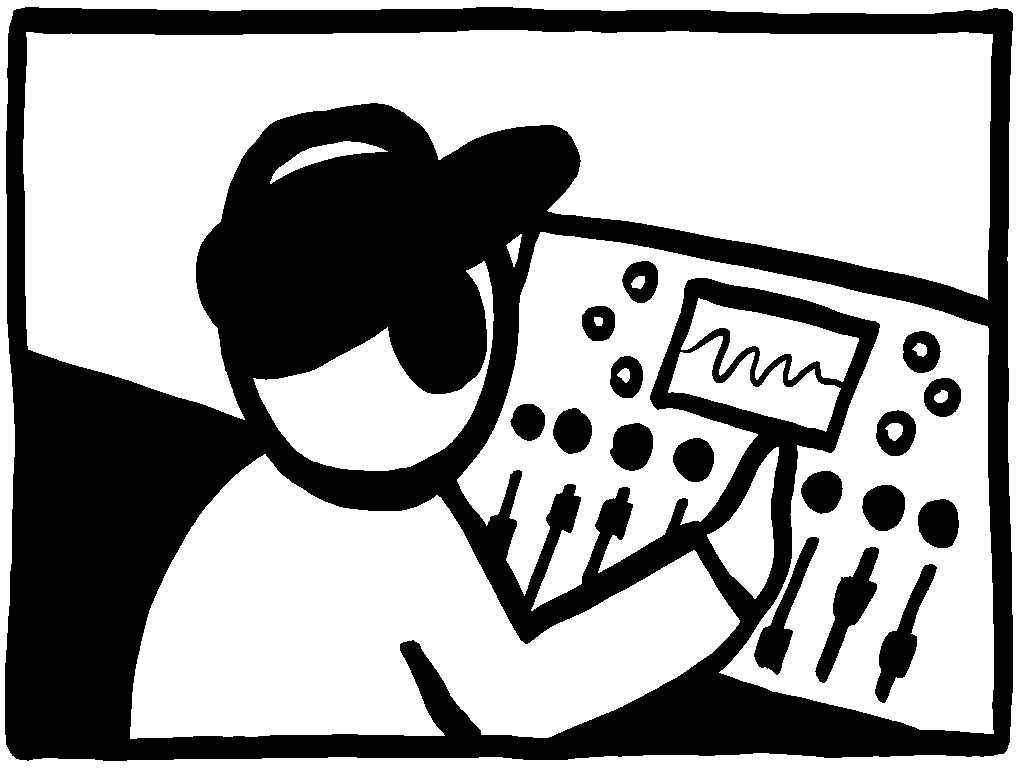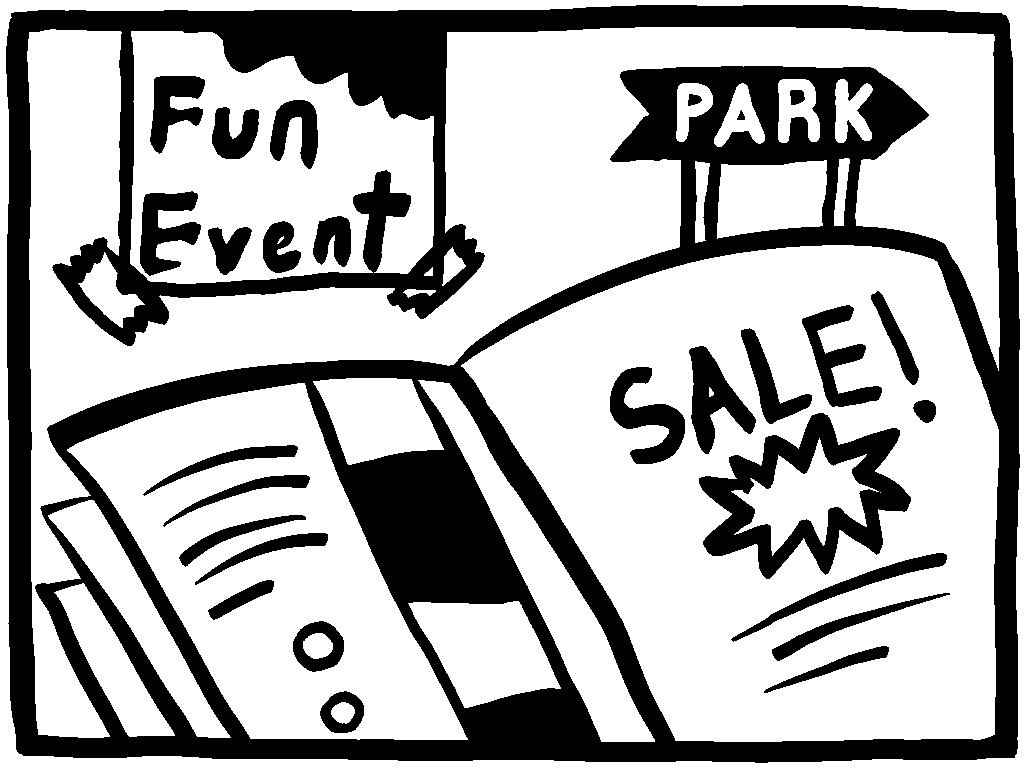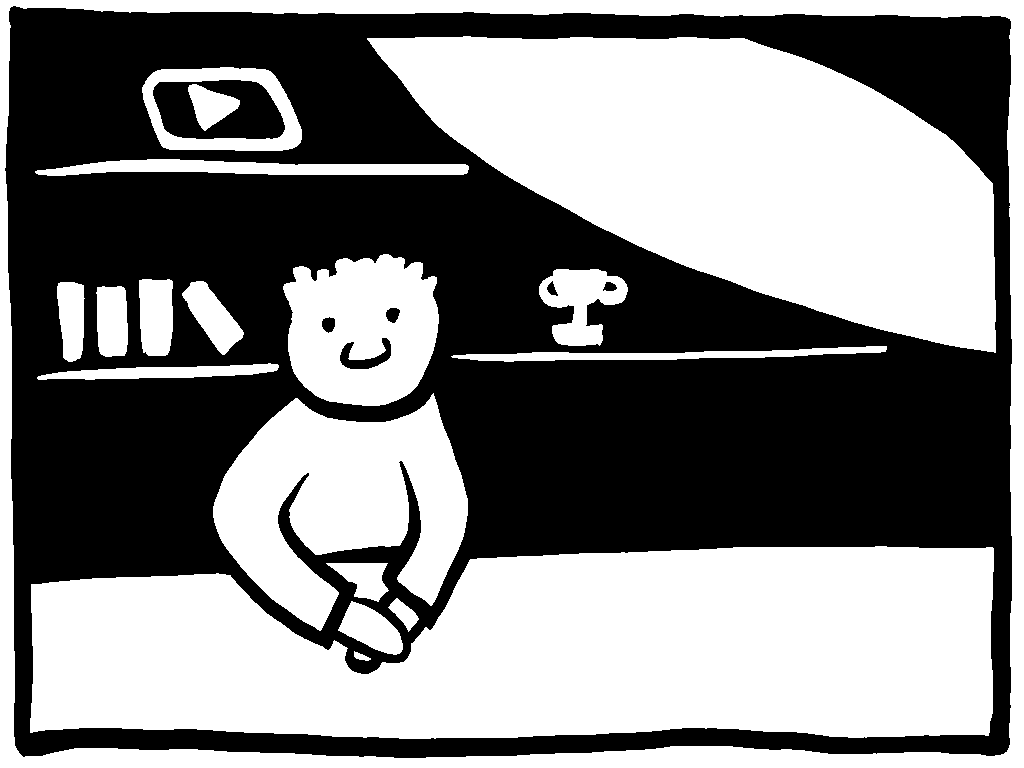
I help you tell your stories. Through branding, graphics creation, audio production, and online marketing, I’m dedicated to helping you communicate what makes your organization or business unique.






Quanbeck Media LLC is located in the Minneapolis, MN area.